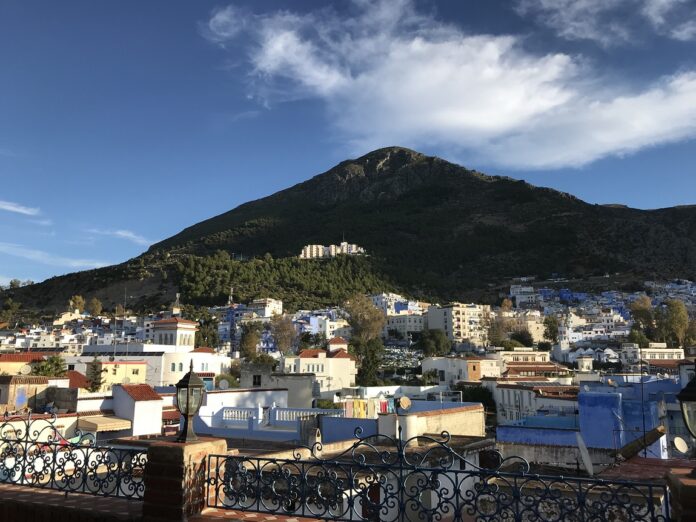As more countries open and are eagerly welcoming back tourists, sustainable tourism is a good life change to make. Whether it’s travelling within a home country or internationally, practising sustainable tourism should become a top priority. This form of tourism is “simply making a destination better, rather than worse, by visiting it.”
There are many different changes tourists can make to ensure their travels are sustainable tourism. On a 2019 trip to Morocco, the tour leader said the trip was organised in a way where we would be integrating with the local people of the country. She said that instead of displaying that we were tourists, we would try to live like the Moroccan people. This is a goal of sustainable tourism which is to manage resources in the present and protect the systems of the country for the future.
RELATED:
Take a Sho’t Left during #TourismMonth2021
Treating people with respect is a good habit to inculcate as a responsible tourist. People continue to live their lives regardless of whether tourists visit their area or not. Visiting an interesting site in a particular foreign destination might be an exciting experience as a tourist. The people living their daily lives might not see it that way. Being mindful of not imposing your presence and should always try to adhere to local traditions and etiquette is basic decency.
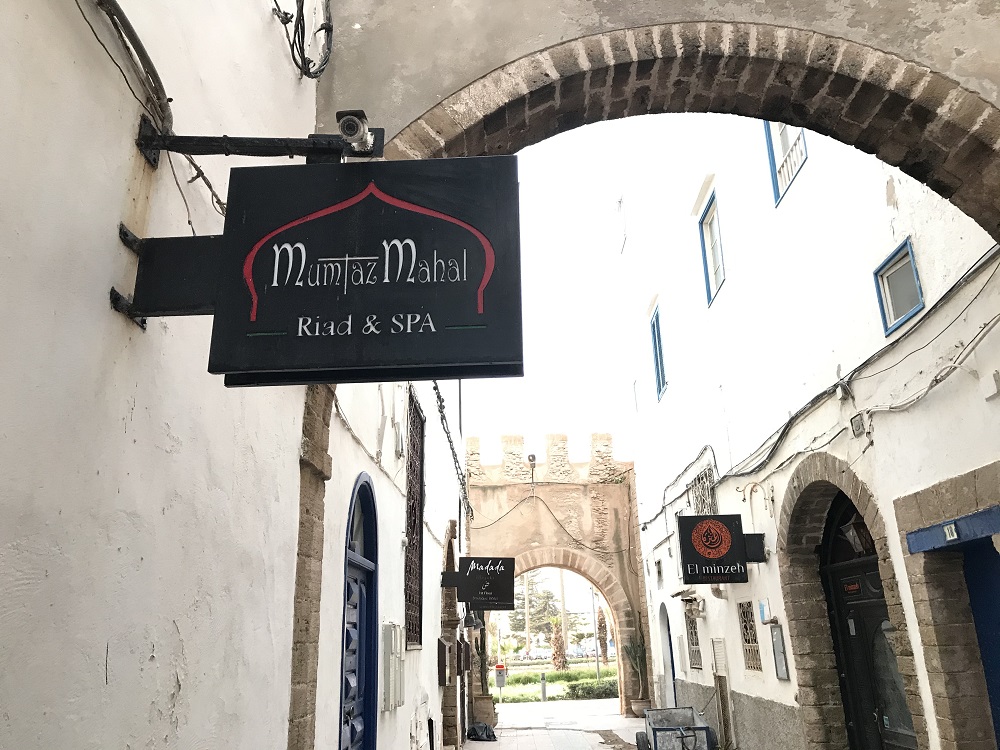
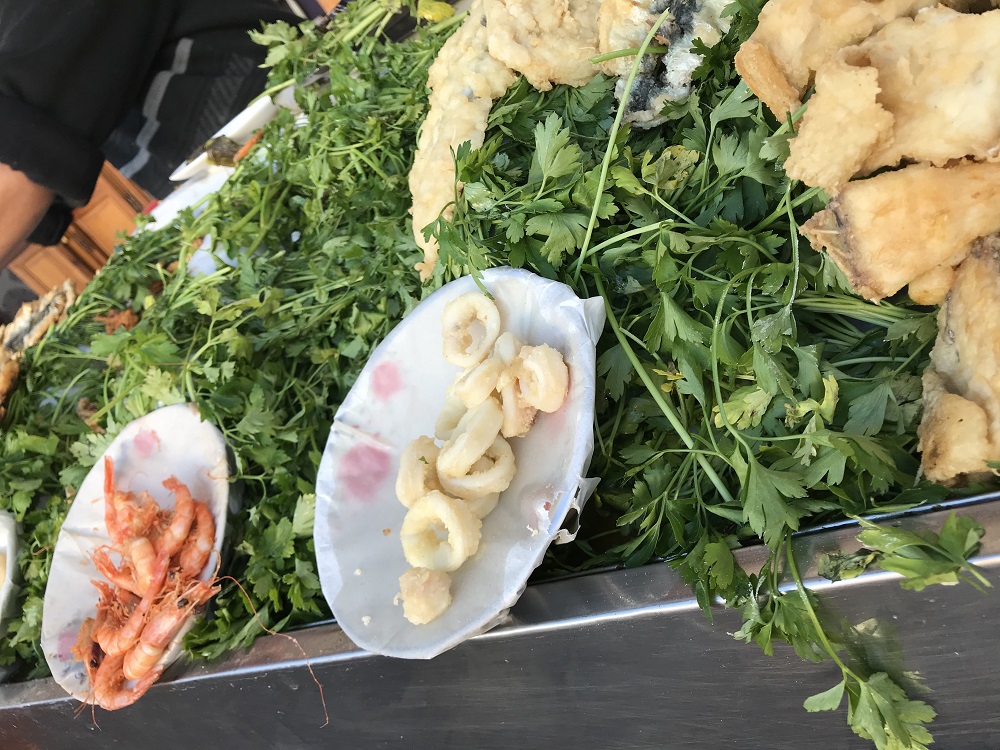
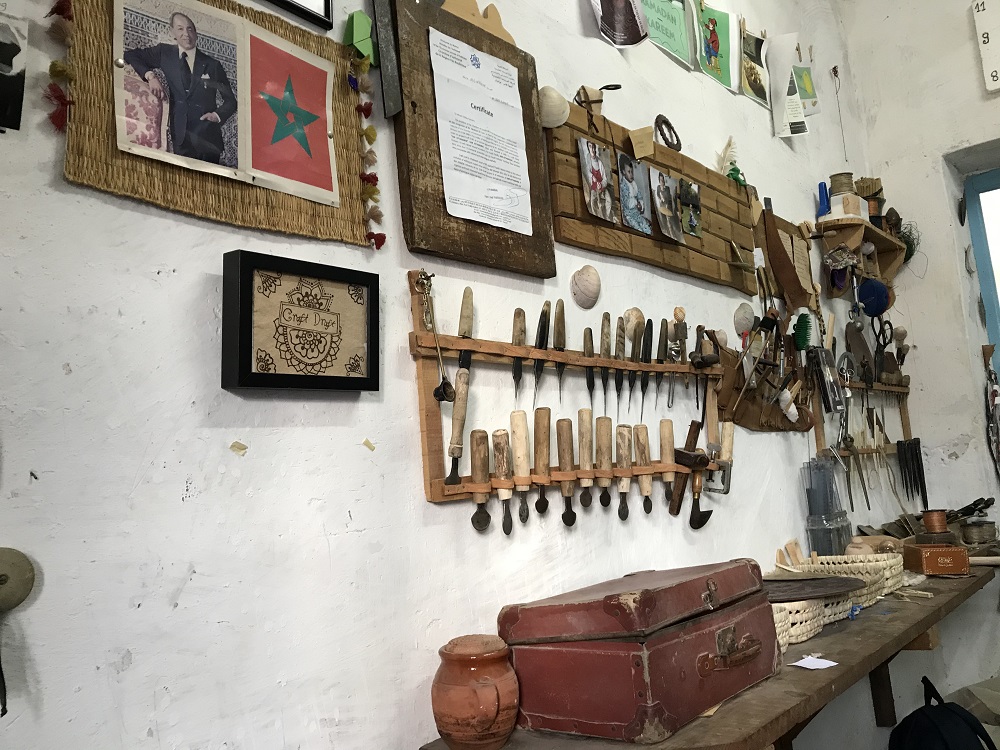

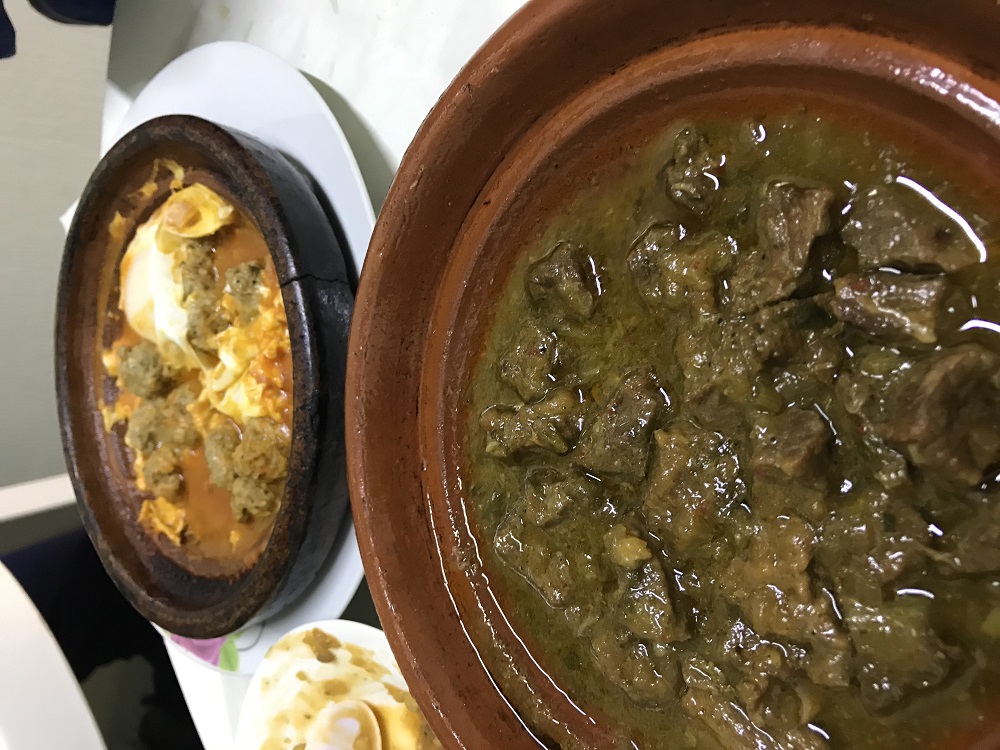
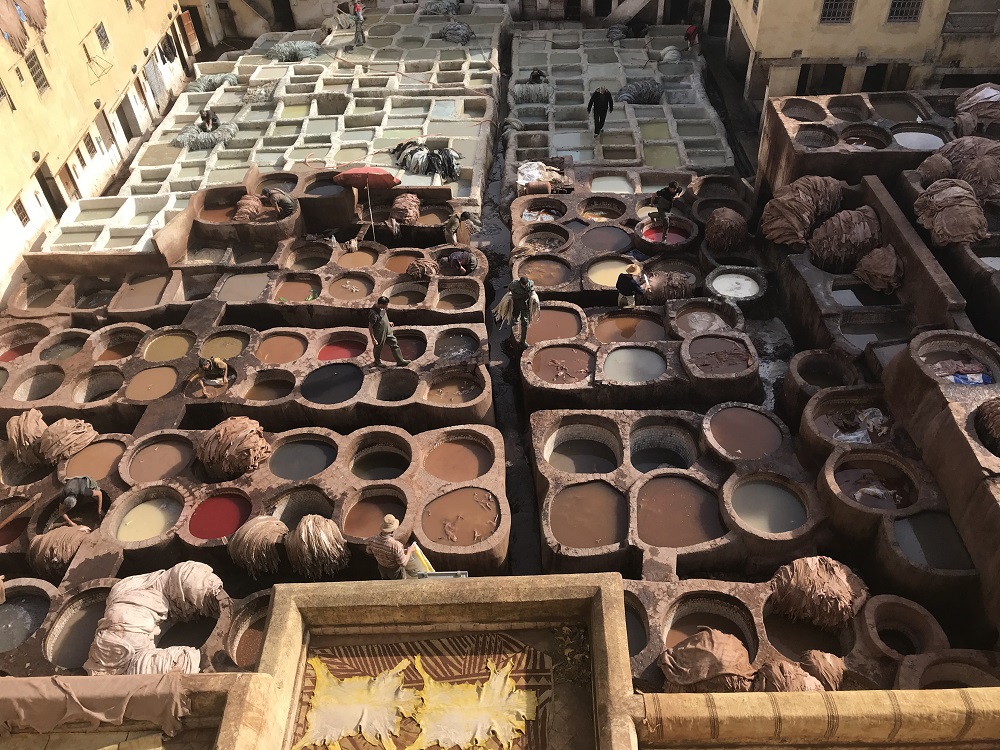
Throughout the trip we stayed in places called riads. These are essentially the Moroccan version of bed-and-breakfasts. They are located within the local communities all around the country. Most of the time they are run by Moroccan people and sometimes by French people. However, the staff of these places are all Moroccan. Living in the riads gave the opportunity to see people going to school and work and living their daily lives.
Instead of staying in a high-class hotel in the newer areas of the cities, staying on the riads in the older parts of the cities was an experience of local life. It provided the opportunity to practise another goal of sustainable tourism which is buying local. Supporting local business and restaurants instead of buying from big companies is a way of ensuring the local economy benefits from tourism.
There are many family-owned restaurants in Morocco making authentic Moroccan cuisine. These were all situated around the riads in the medinas (old city). They belong to generations of a single family meaning the recipes were passed down for many years. These restaurants are located in and around the local fruit and vegetable sellers, as well as the butcheries. This means the ingredients are sourced fresh and locally. In that way, we were supporting the local restaurants as well as the local market sellers.
Another aspect of supporting the local industry is to buy the local products.
The old cities in Morocco are filled with markets with shops run by the local people. Any possible item you can think of can be found in those markets, including authentic Moroccan wares.
Before visiting the markets, it’s a good idea to visit the local artisans at their workshops. There is a rich artisan culture in Morocco with the skills being passed down for many generations. Visiting the workshops gave us an appreciation of the hard work and effort that goes into the many goods seen at the markets. From the leather tanneries, to pottery shops, argan oil cooperatives and woodwork there was plenty to see.
In many other countries, the local people create fantastic goods using skills they’ve learnt for years. Sustainable tourism means supporting the people over the big malls and corporations.
When travelling to another country or even within a home country, try to minimise plastic use
Instead of buying small bottles of water, buy a big bottle and use a reusable bottle. Take reusable bags when going shopping. The basic idea is that when travelling to another place, tourists should be responsible and not leave a negative impact on the place. This was especially relevant in Morocco where water needs to be used sparingly.
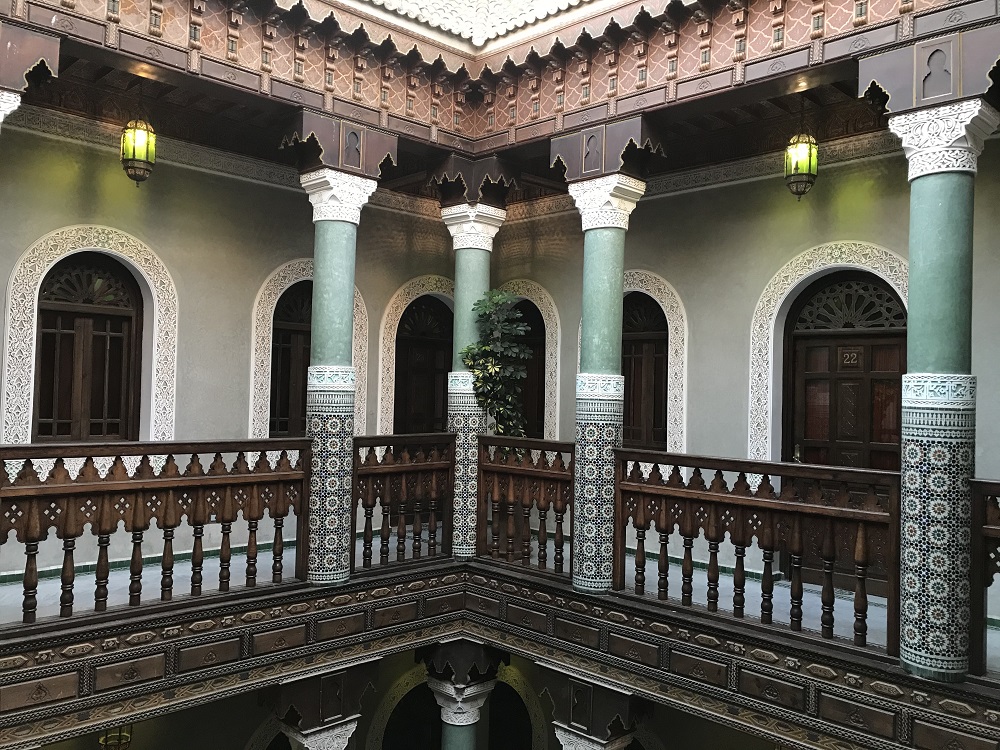
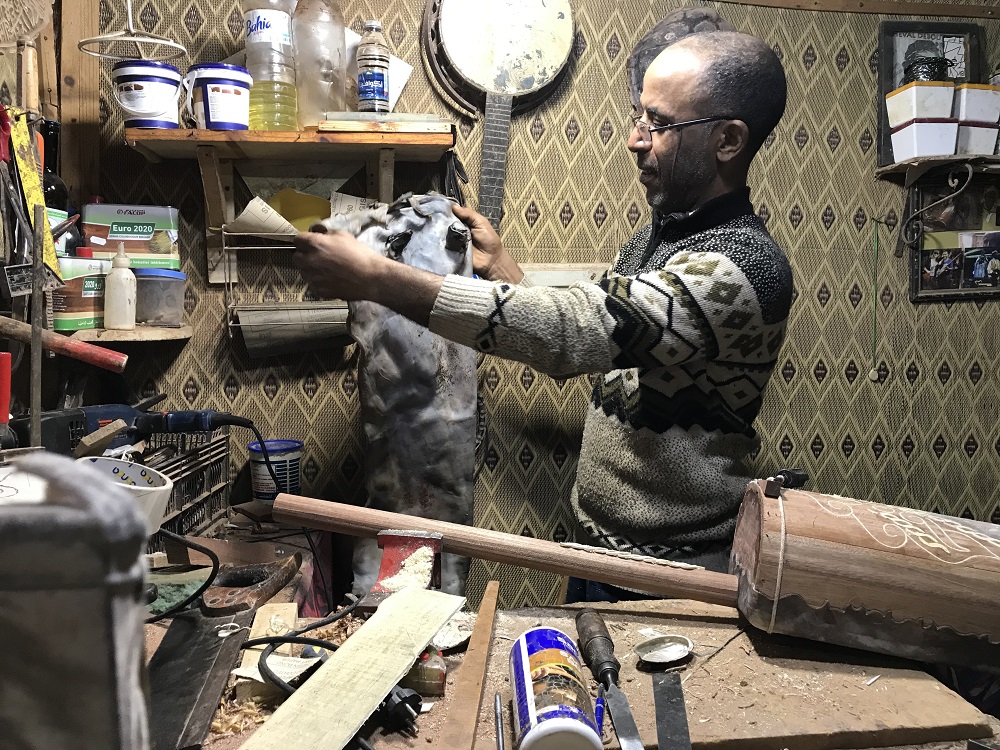
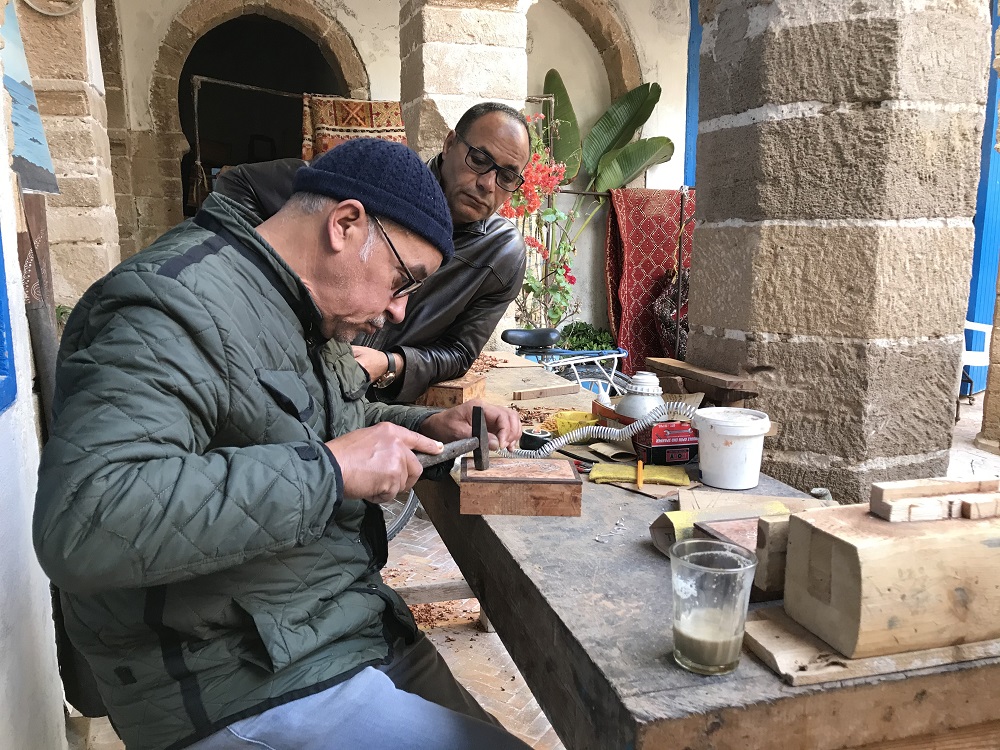
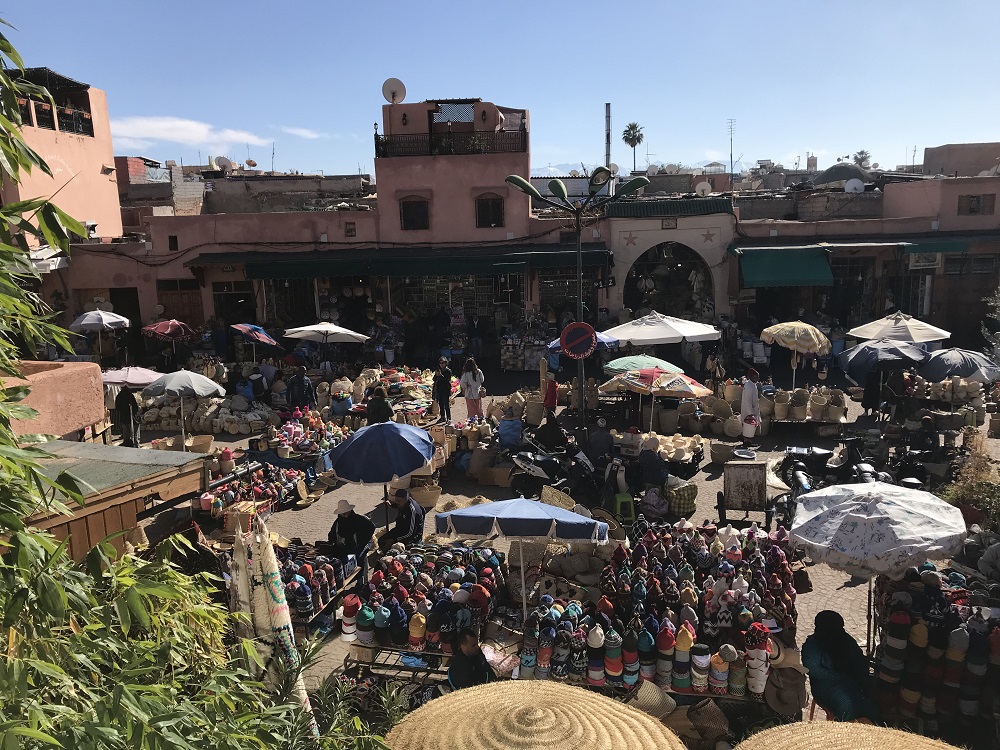
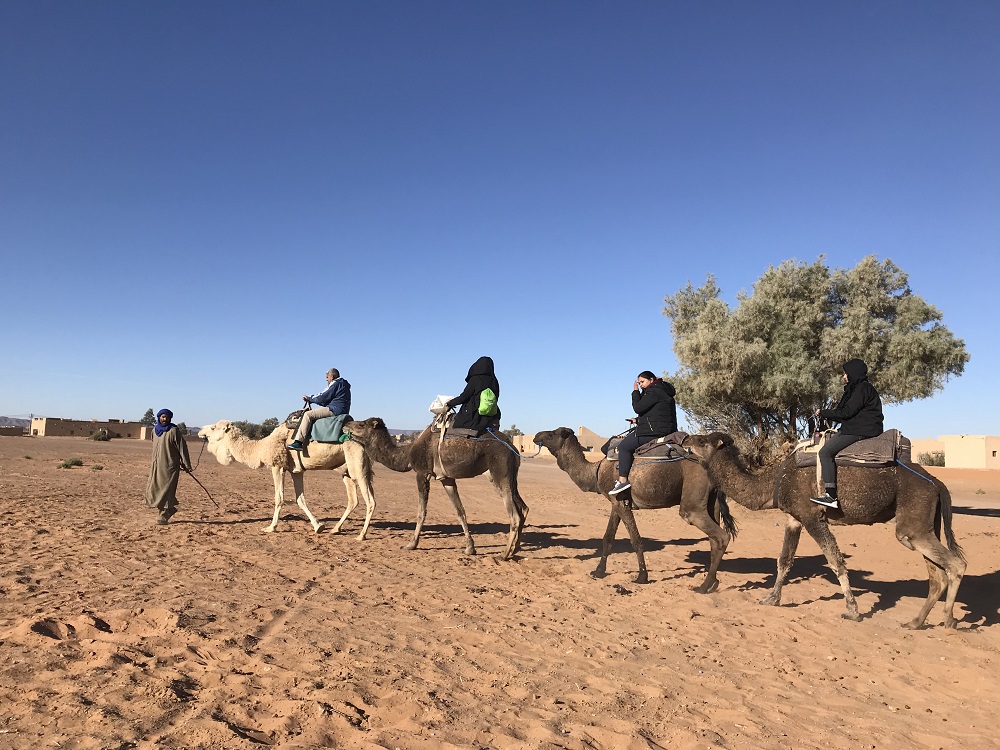
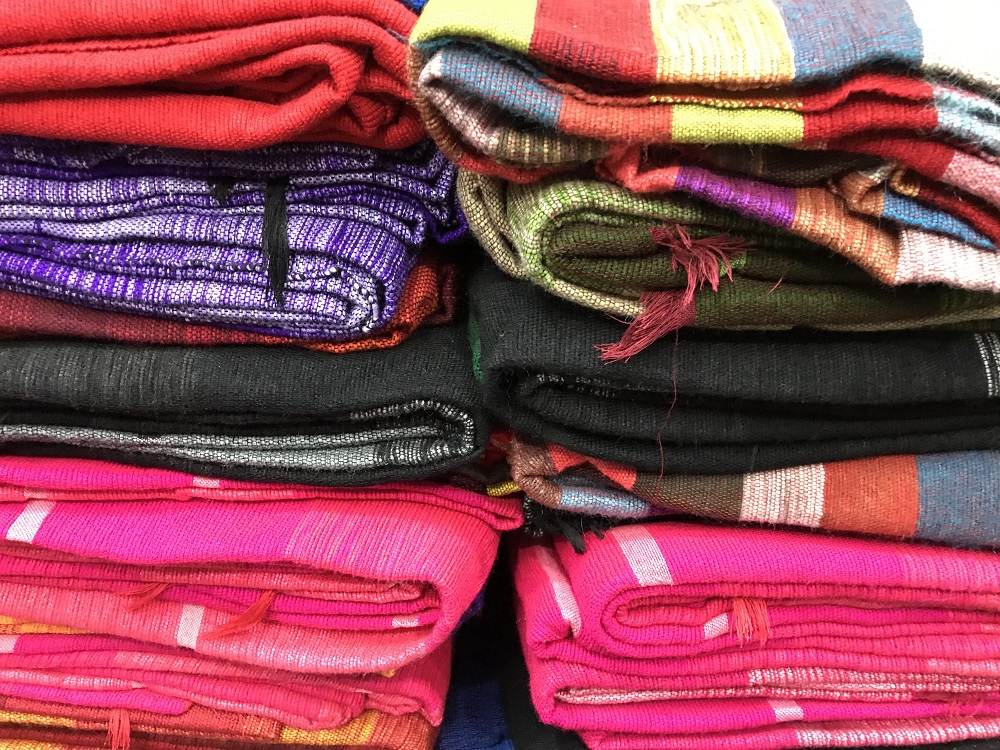
Another fun activity that tourists love is sitting on animals like elephants and camels in “exotic” locations. To practise sustainable tourism means checking that the animals are treated properly and with respect. If you cannot ensure that safe and ethical practices are taking place it is better to find another activity to pass the time. While taking a camel trip through the desert as we did might not seem like the most responsible thing, it does help the local community who ran the camp. This would in turn mean that the camels could be cared for through better food and shelter.
Sustainable tourism might not be the easiest and cheapest way to visit a country or place. It means taking extra care when planning a trip. However, the little bit of extra work that is required of planning such a trip would mean so much more for the people of the place you visit.
So the next time you’re visiting a new place and country, try and see how you can make the most positive impact on it, especially when travelling in a post COVID-19 world.

